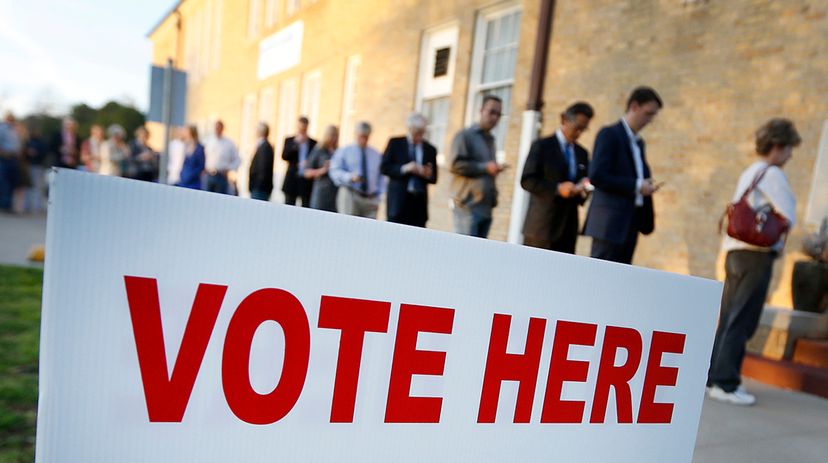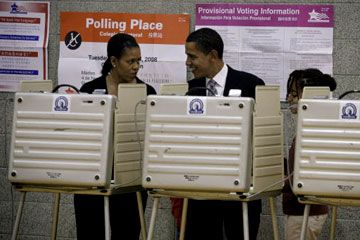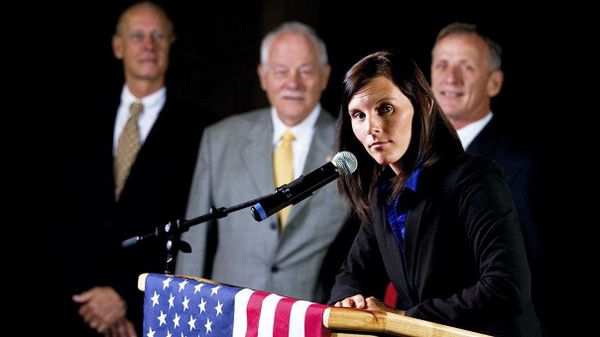
You've probably heard the old truism that every vote counts. But judging from the embarrassingly low voter participation rate in U.S. elections compared to those in other developed countries, it's safe to say that many Americans don't believe that casting a ballot for a particular candidate really matters that much in the result.
That's substantiated by a 2016 Pew Research Center survey, in which 25 percent of nonvoters otherwise eligible to cast a ballot in that year's presidential election cited "my vote would not matter" as the explanation for why they abstained. That's nearly as high as the number who said they didn't vote because they didn't like either candidate (26 percent), and higher than the portion who had neglected to register (22 percent) by deadline.
Advertisement
Indeed, the chances of a single voter casting what researchers call a "pivotal vote" in an election are pretty remote — but it does happen.
In a 2001 study, University of Chicago economics professor Casey B. Mulligan and business economic consultant Charles G. Hunter studied nearly a century's worth of Congressional election results and 21 years' worth of state legislative election returns — nearly 57,000 elections in all, not counting uncontested races. Out of the 16,577 federal elections studied, only one was decided by a single vote. But the researchers found seven state elections that came down to a single ballot.
As Mulligan wrote in a 2010 post for The New York Times' Economix blog, the chances that a voter will cast a ballot that will determine the winner of a federal election is less than 1 in 100,000 and in state legislative races, the odds increase to 1 in less than 25,000. In local elections, where the electorate may be in the few thousands or even hundreds, pivotal votes may happen even more often. While nationwide data isn't available, in Ohio alone 14 races for office in 2015 resulted in either a tie or a single-vote margin, according to the Record-Courier newspaper.
"The determine-the-winner incentive to vote is minuscule," says Mulligan via email. "Even in a local election with, say, 2000 votes, it's still only a one-in-1,000 chance."
But even though one vote has only a tiny chance of being the pivotal one in an election, that doesn't mean that voting isn't important. Collectively, votes matter a great deal. Certain groups in the population that have higher turnout rates — such as older voters, the wealthy, and white Americans — benefit from the clout that they achieve as a result, says Sean McElwee, an analyst for Demos, a public policy organization that works to reduce political and economic inequality in the U.S.

"When gaps in turnout are smaller, policy is more equitable," McElwee says. "Even in deeply blue or red district, vote shares send important signals to representatives about their constituents. In local elections, where turnout rates are often single-digit, vote margins are far narrower and turnout is even more skewed against people of color, young people and low-income folks."
These are some of the other elections in the United States decided by a single vote:
Advertisement

